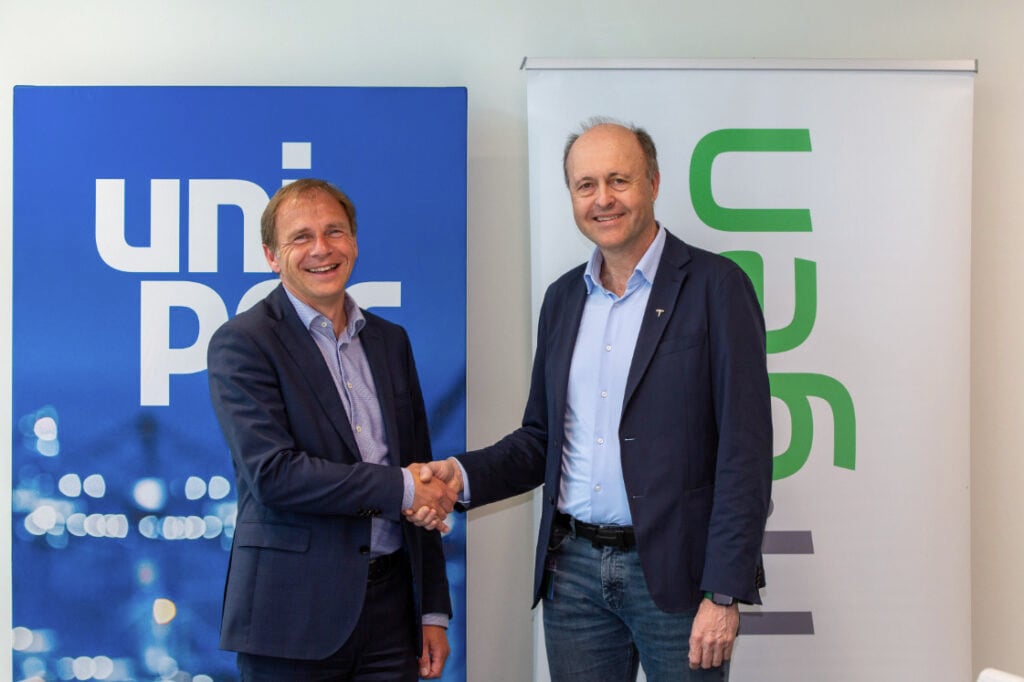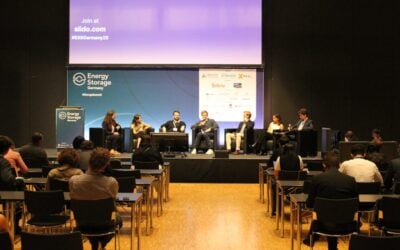
German state-owned legacy plant operator Uniper will install a 50MW/100MWh BESS at a soon-to-be-decommissioned coal facility in partnership with NGEN, an energy storage operator and technology provider based in Slovenia.
The companies will build the 2-hour battery energy storage system (BESS) at the Heyden 875MW hard coal power plant site in Petershagen, with a commercial operation date (COD) expected in 2025.
Enjoy 12 months of exclusive analysis
- Regular insight and analysis of the industry’s biggest developments
- In-depth interviews with the industry’s leading figures
- Annual digital subscription to the PV Tech Power journal
- Discounts on Solar Media’s portfolio of events, in-person and virtual
The Heyden plant, one of the most powerful in Germany, will be decommissioned by Uniper on 30 September, 2024. Decommissioned power plant sites provide excellent locations for new clean energy projects with substantial existing grid infrastructure and interconnections which can be re-utilised.
The new BESS will comprise of 26 energy storage packs, so around 3.85MWh each. In an interview with Energy-Storage.news in September 2023, NGEN CEO Roman Bernard said the company had primarily used Tesla Megapacks for its projects to-date, including the largest BESS facilities in Slovenia, Austria and Croatia. Tesla’s Megapack’s have an energy storage capacity of 3.9MWh.
NGEN is a developer and operator of those projects but also describes itself as a provider of energy solutions, with its own energy management system (EMS) platform, Energy Smart Grid Platform, which can aggregate numerous technologies into virtual power plants (VPPs). As part of the move into Germany the company will open an office in Frankfurt.
Uniper was formed through the spin-off of German multinational energy company E.On’s electricity generation businesses from its retail utility operations, after the split became effective at the beginning of 2016.
Uniper is aiming to be carbon-neutral by 2040, and for 80% of its generating capacity to be zero-carbon by 2030. This includes growing its renewable and clean energy portfolio but also converting its legacy gas plants to alternative gases like hydrogen and biomethane.
Germany’s grid-scale energy storage market has picked up in the last few years with the right market and policy signals incentivising investment in large-scale projects. Energy-Storage.news has recently reported on BESS projects of around 230MWh being launched by developers Eco Stor and Nofar.
Transmission system operator-led (TSO) ‘grid boosters’ are also underway, with system integrator Fluence recently starting to ship BESS for TransnetBW’s and TSO Amprion getting its project approved by the regulator.






